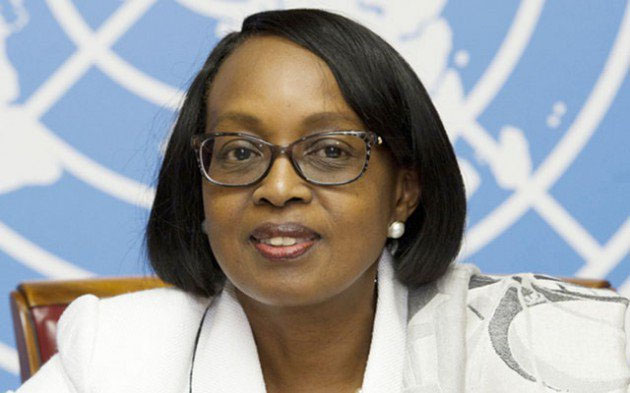Dr Matshidiso Moeti WHO Africa regional director
African health ministers have adopted a new eight-year strategy to transform health security and emergency response in the region.
The ‘Regional Strategy for Health Security and Emergencies 2022–2030,’ was endorsed during the 72nd Session of the World Health Organization (WHO) Regional Committee for Africa in Lomé, Togo.
The document aims to help reduce the health and socioeconomic impacts of public health emergencies on the continent.
The new strategy includes strengthening mechanisms for partnerships and multi-sectoral collaboration, ensuring sustained and predictable investment and re-purposing resources from Polio eradication and COVID-19 to support strategic investments in systems and tools for public health emergencies.
By adopting the strategy, Member States agreed to reach 12 targets by 2030 which will strengthen their capacity to prevent, prepare for, detect and respond to health emergencies.
These include 80 per cent of Member States having predictable and sustainable health security financing, 90 per cent mobilising an effective response to public health emergencies within 24 hours of detection and all countries having 80 per cent of health districts with functional service delivery and quality improvement programmes.
WHO Regional Director for Africa, Dr. Matshidiso Moeti, said the COVID-19 pandemic is a wake-up call for the African region to prioritise building resilient health systems capable of providing quality healthcare while coping with public health emergencies.
“There is a growing recognition of the mounting threat public health emergencies pose to global economies and societies, underlining the need for a One-Health approach and investing in prevention and preparedness. By investing now, we can prevent an economic and social meltdown in the future,” she added.
She noted that the strategy is the fruit of extensive consultations with African health ministries and a range of other institutions, technical actors and partners across the continent.
“With their ongoing support and collaboration, it can help ensure that Africa is at the forefront of protecting the world against future pandemics,” Dr. Moeti added.
Member States agreed to commit political will and provide technical leadership, mobilise domestic and external resources, provide adequate human and logistic resources to implement the strategy, as well as strengthen a
One Health coordination mechanism and build capacity at the national and decentralised levels.
By Jamila Akweley Okertchiri

